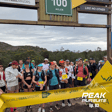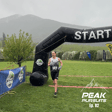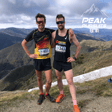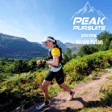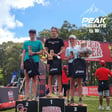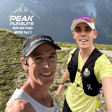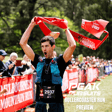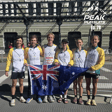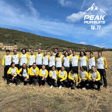
Trail to GPT 1 - Training for GPT with Kellie Angle
Welcome to a 3-part mini series in partnership with SingleTrack Events and the Grampians Peaks 100 to bring you all things training, nutrition, gear and course knowledge for GPT 2024!
This first episode of the 3-part Trail to GPT series features the one and only Kellie Angel, who as the winner of the inaugural GPT100 is the perfect person to take you through all things training!
As one of Australia's best Ultra Marathon runners and a running coach herself, Kellie and host Jess Jason treat listeners to a wealth of tips and knowledge about preparation for the unique GPT course. Hear about aspects such as vert, stairs, long runs, the taper, race week preparations, managing strength training around running, navigating training fatigue, and so much more.
As you go into the biggest weeks of your own race preparation, there is something in here for everyone to keep them on track no matter the distance they are tackling - and maybe some tips of what to add in if you're missing something while there is still time!
For those not running GPT this year (there is still time to enter!) there is still so much knowledge packed into this episode that can translate into anyone's training and racing approach.
Thanks for listening and feel free to reach out to us with any GPT related questions to cover in the next two episodes!
Kellie: @kelemmo
Jess: @jessjason
SingleTrack Events: @singletrack_events
GPT100 website: https://www.gpt100.com.au/
Music from #Uppbeat (free for Creators!): https://uppbeat.io/t/hartzmann/clear-sky License code: JFCE3VLFTFTXGN1C

